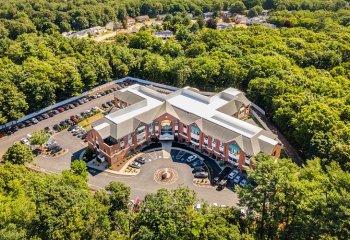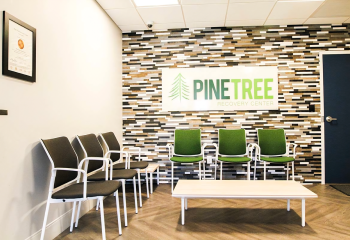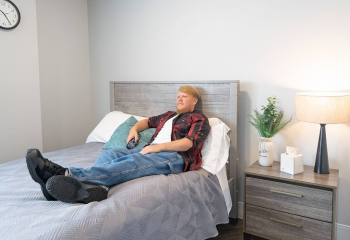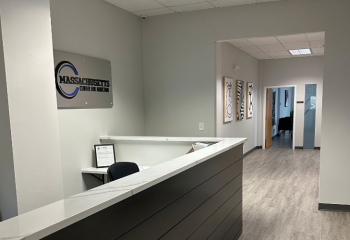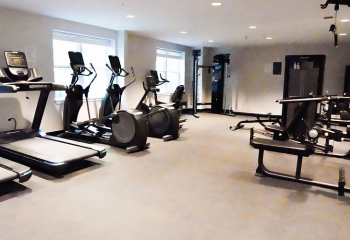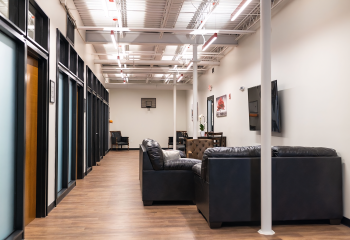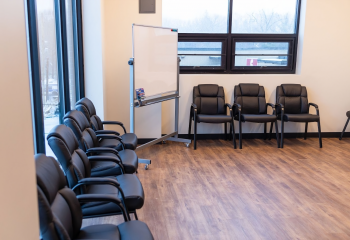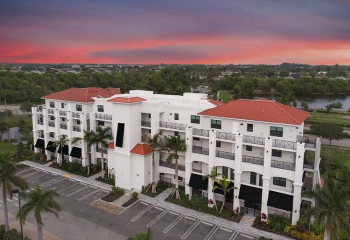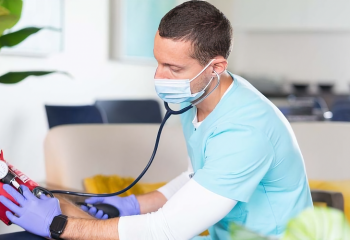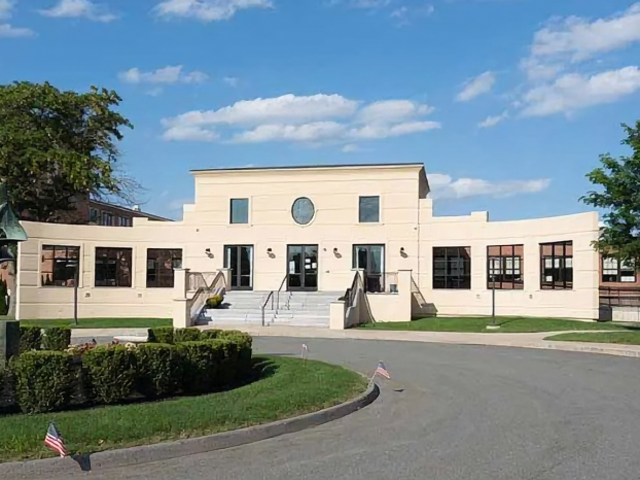Learn More

Best Dual Diagnosis Treatment Centers in New England
Our independent research team continuously gathers and evaluates data to compile an unbiased and thorough list of the best treatment centers for co-occurring disorders.
Featured Dual Diagnosis Treatment Centers
Ad Disclosure
114 Best Centers in New England
How We Sort Our Results
How We Sort Our Results
How We Sort Our Results
Learn More
Top Treatment Locations
More About Dual Diagnosis Treatment Centers
Addiction and mental health disorders can be so intertwined that it’s difficult to discern if one is contributing to the other or vice versa. For example, someone with a gambling problem might also have anxiety, while someone struggling with depression primarily may have an alcohol problem. This is called a dual diagnosis.
In order to heal, both disorders must be treated. Fortunately, many rehabs offer specialized dual diagnosis treatment. This can look like attending relapse prevention groups for addiction and trauma-focused therapy for your mental health.
What are the most common co-occurring disorders?
- Major Depressive Disorder and Substance Use Disorder: It is common for individuals with depression to self-medicate with drugs or alcohol, which can lead to addiction.
- Anxiety Disorders and Substance Use Disorder: Individuals with anxiety disorders may use substances to alleviate their symptoms, but this often exacerbates the problem and can lead to addiction.
- Post-Traumatic Stress Disorder (PTSD) and Substance Use Disorder: People with PTSD might turn to drugs or alcohol to numb their emotional pain, which can result in addiction.
- Attention-Deficit/Hyperactivity Disorder (ADHD) and Substance Use Disorder: Individuals with ADHD are at a higher risk for developing substance use disorders due to impulsivity and self-medication.
- Borderline Personality Disorder (BPD) and Substance Use Disorder: People with BPD may use drugs or alcohol to cope with their intense emotions and impulsivity, increasing their risk for addiction.
- Eating Disorders and Substance Use Disorder: Eating disorders like anorexia, bulimia, and binge eating disorder can co-occur with substance use disorders, as individuals may use substances to manage weight, control appetite, or cope with emotional distress.
Explore Top Treatment Destinations
Residential rehab offers you or your loved one the opportunity to start anew in a setting tailored to your needs. With a variety of available options, one is sure to be perfect for you.





















